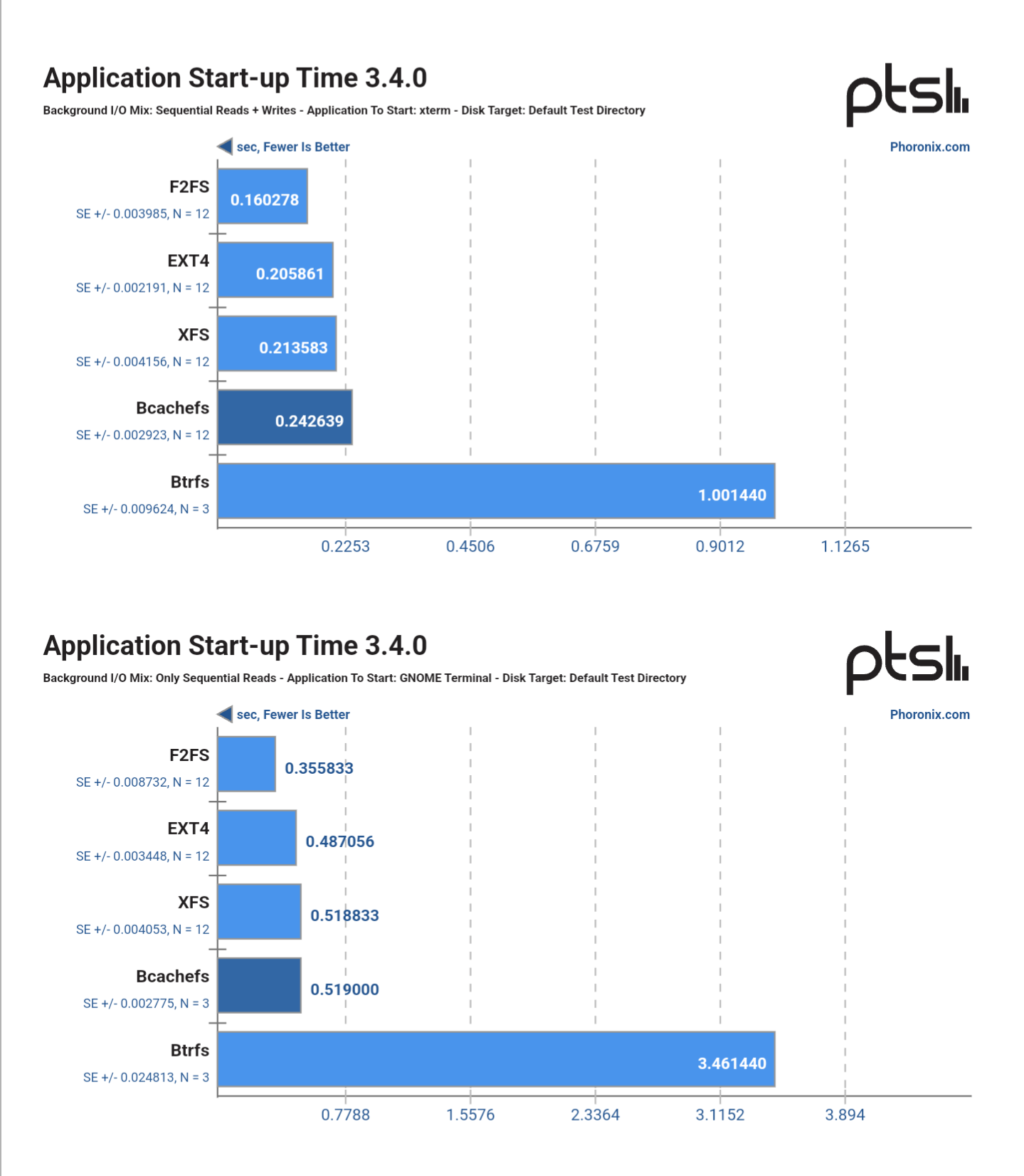this post was submitted on 10 Nov 2023
106 points (100.0% liked)
Linux
48252 readers
552 users here now
From Wikipedia, the free encyclopedia
Linux is a family of open source Unix-like operating systems based on the Linux kernel, an operating system kernel first released on September 17, 1991 by Linus Torvalds. Linux is typically packaged in a Linux distribution (or distro for short).
Distributions include the Linux kernel and supporting system software and libraries, many of which are provided by the GNU Project. Many Linux distributions use the word "Linux" in their name, but the Free Software Foundation uses the name GNU/Linux to emphasize the importance of GNU software, causing some controversy.
Rules
- Posts must be relevant to operating systems running the Linux kernel. GNU/Linux or otherwise.
- No misinformation
- No NSFW content
- No hate speech, bigotry, etc
Related Communities
Community icon by Alpár-Etele Méder, licensed under CC BY 3.0
founded 5 years ago
MODERATORS
you are viewing a single comment's thread
view the rest of the comments
view the rest of the comments

Seems unreasonably slow to me that xterm would take a second to start. My two computers running kernel 6.7 are slow than the machine in the test, both have BTRFS on LUKS.
I tried a cold start of xterm on my older thinkpad with an NVMe drive at ~0.3s.
A cold start on my desktop (also NVMe), 0.08s.
I'm unable to reproduce. I wonder if he might've had a fresh install with some background operations grinding on, or some indexing going on.
Yeah; my somewhat up-to-date thinkbook with NVMe drive cold boots to Cinnamon desktop in under 8 seconds, terminal window opens in the blink of an eye. BTRFS is not without its problems, but they're more along the lines of specific RAID configs not being what you'd wish for; I've never heard a complaint about speed before, and I've never had that problem myself.
What background IO load did you run?